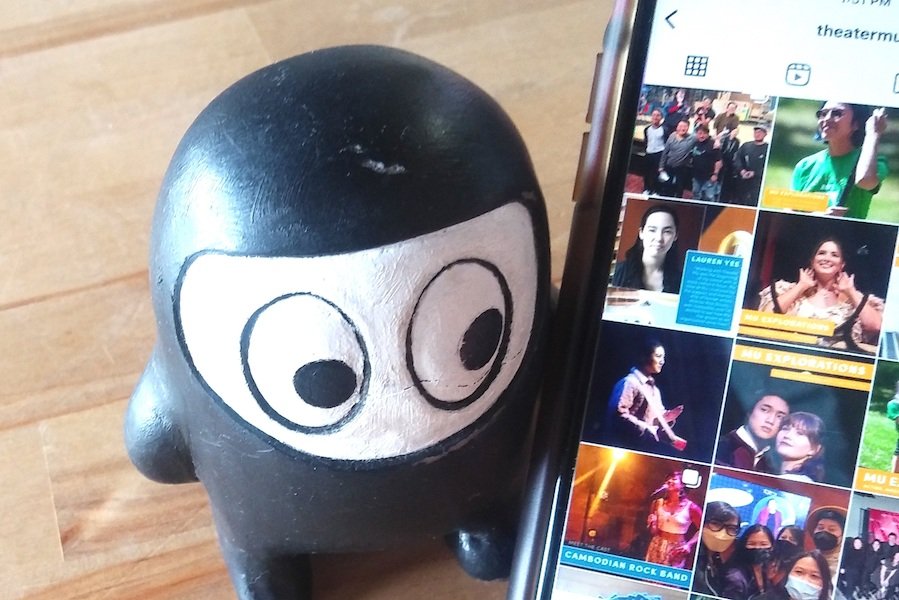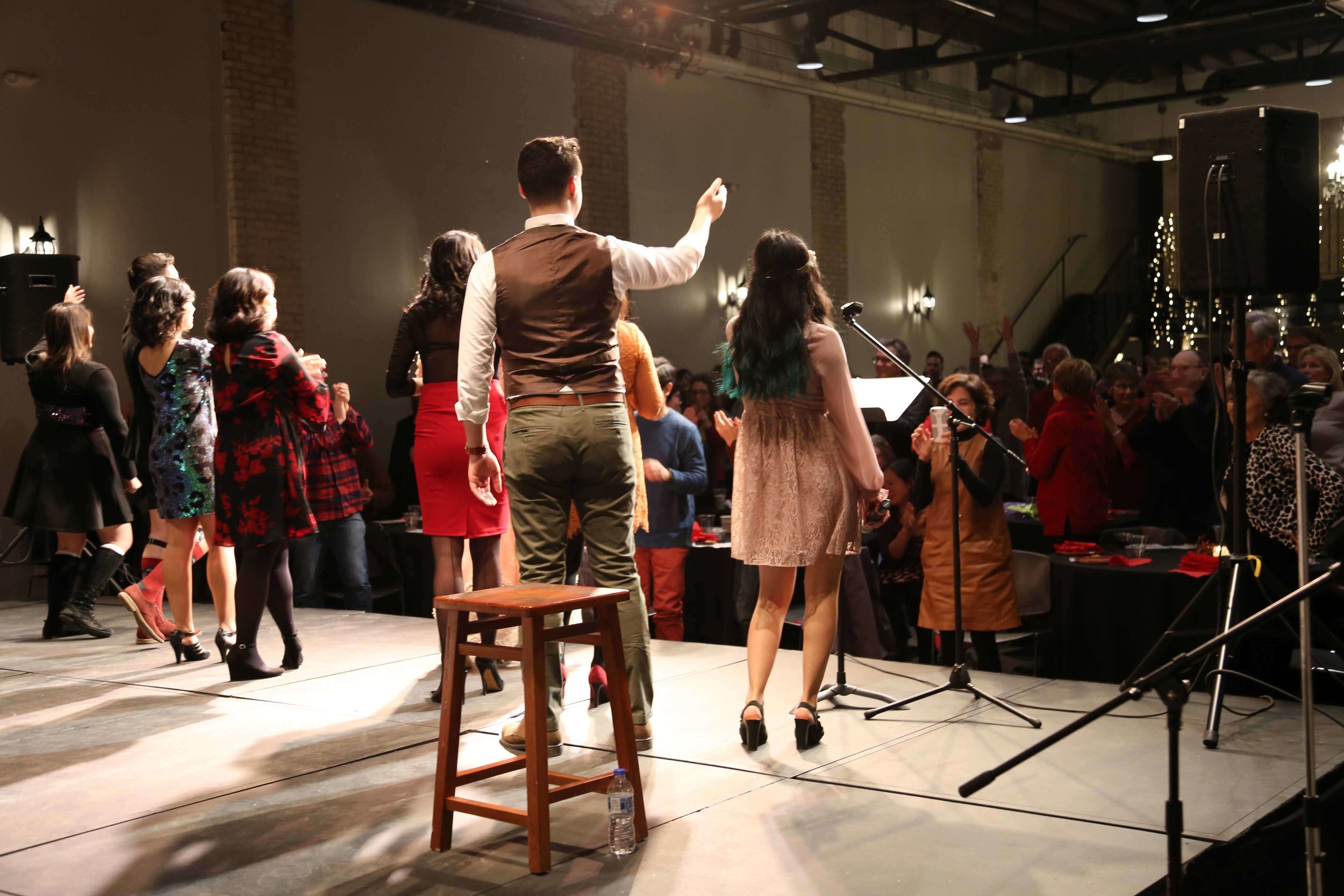CODE OF ETHICS
The organization’s Code of Ethics guides the work of Mu’s board and staff members, and its artistic partners. Its primary purposes are:
To set an ethical standard for how Mu board, staff and artistic partners approach their work and make decisions
To provide ethical standards to which the general public can hold Mu accountable
To enable Mu board, staff and artistic partners to address issues of conflict or unethical behaviors and have clear procedures to address those issues
Ethical decision-making is a process that often has no clear answers. Mu’s Code of Ethics is not an attempt to provide exact processes and answers to issues. Rather, the Code of Ethics is a guide to help Mu stakeholders make thoughtful, reasoned and ethical decisions.
The standards outlined below include enforceable guidelines for conduct as well as aspirational ones. Enforceable matters are determined at the discretion of Mu leadership.
Theater Mu is committed to:
Treating our board, staff, artists, partners, audiences and communities we serve with dignity and respect
Acting responsibly and with integrity in all of our activities
Ensuring fiscally responsible and healthy organizational operations
Avoiding conflicts of interest, and addressing them if they do arise
Providing conditions of employment that safeguard individual rights and welfare
Being responsible, transparent and accountable for our actions and decisions
Improving the ethical conduct, accountability and transparency of the theater community
DIVERSITY, EQUITY, & INCLUSION
Theater Mu was born out of a need for Asian American representation in American theater and exists at the crossroads of art, equity, and justice. In order for our fuller humanity to be honored, the stories, experiences, and histories from the vast Asian American diaspora must be preserved, cultivated, and realized. We do this by using the transformative power of theater.
Our communities have fought against inequities, misrepresentations, violence, and erasure. We have broken barriers created by those who have seen us as a model minority, a stereotype, and as “other.” White supremacy overtly and covertly invades our stages and our daily lives. Theater Mu rejects this marginalization by creating productions and programming that highlight and validate the Asian American experience in all its different forms.
The intersections of race, culture, ability, gender, immigration, socioeconomics, and other identities are profound and complex. They are also rich, beautiful, and powerful. These connections are the driving force of our journey toward equity, inclusion, and accessibility.
As we continue to grow, we understand that new issues will arise—or systemic injustices will make themselves known. Theater Mu will face these issues head on, understanding that the work must be both internal and public facing. Our diversity, equity, and inclusion statement is a living document and will be updated to fit our ever-changing world.
THEATER MU’S COMMITMENTS
1. We center Asian American voices and stories, honoring our identity as Asians and Asian Americans, while also respecting our diverse backgrounds and experiences.
2. We nurture artists onstage and backstage through artistic programming, education, training, and direct mentorship opportunities.
3. We uplift our Asian American staff and board, cultivating a supportive work environment that celebrates expertise and encourages learning.
4. We operate from a spirit of abundance, creating space for a multitude of artists and collaborators. This includes supporting equitable pay, establishing sustainable operations, and centering empathetic work practices.
5. We prioritize financial and physical accessibility as well as mental health support for our audiences and our artists. We commit to learning the barriers that exist for our community.
6. We combat the structures, systems, beliefs, and behaviors that have been created and perpetuated by White supremacy, patriarchy, and capitalism against all underrepresented communities.
We recognize we are on stolen Dakota land.
We denounce anti-Blackness.
We confront the colorism that exists within our own communities.
We recognize that the effects of White supremacy, patriarchy, and capitalism are not simple, and intersectionality is complex.
7. We promote empathy in the world. We think not about how the community can serve us, but how we can serve the community.
MORE TO KNOW
PEOPLE
Meet the staff, board members, and artists that make Mu possible.
SOCIAL MEDIA GUIDELINES
Learn about our guiding principles for our social media platforms.
SUPPORT MU
Find out how you can be a part of the Mu family.




